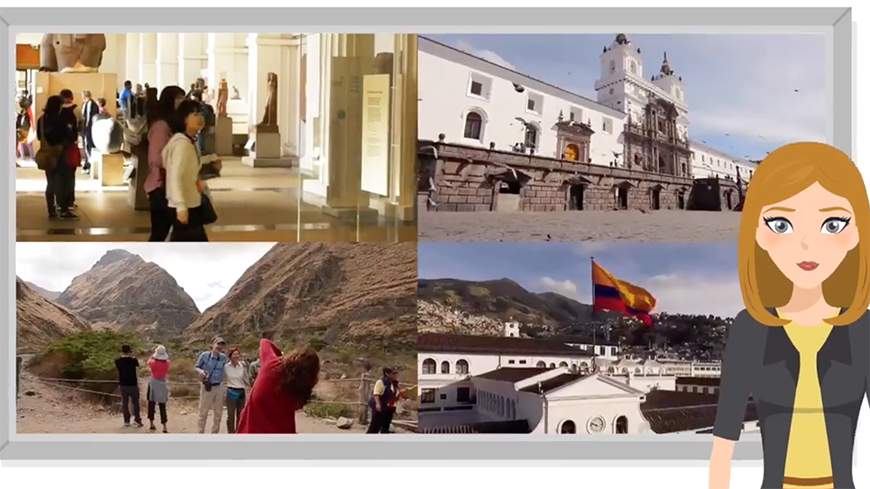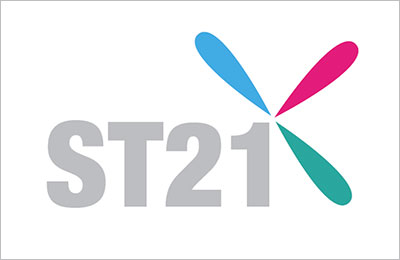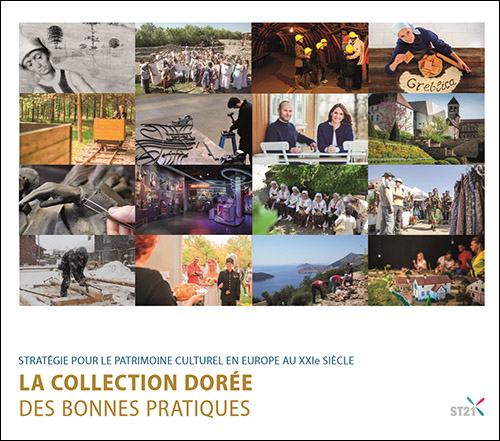Location of the initiative:
Florence (ITALY)
Initiator
Academic / scientific institution
Relation to Strategy 21 Recommendations:
Time span of the initiative:
Start date: 04/09/2016 / End date: Ongoing
Motivation / Methodology
The Massive Open Online Course (MOOC) “Cultural Heritage and the City” was created at the European University Institute by two scholars with the collaboration of visual communication and video production professionals. It was developed on the Futurelearn platform, which has an innovative approach to stimulate social learning.
This MOOC is aimed to introduce the challenges of heritage in cities to a wide variety of learners.
To cater to these various needs, we developed a diverse range of learning materials:
- Animated videos on key concepts, or case studies from around the world
- Interviews with academics and operational experts
- Video lectures to guide learners through the course
- Articles allowing learners to deepen their knowledge
- Quizzes to help learners record key lessons
This online course is more than a list of learning contents. It engages learners through interactive discussions and peer-learning. To do so, we organised the course in “weeks”, and launched a series of “runs”, so that each batch of learners takes part in a collective learning journey. At each step of the course, learners are prompted to react, share their views and experiences. We included many discussion steps and a peer-review assignment to further maximize interactions among learners. The course educators have also taken part in the discussions to foster exchanges and answer queries.
The course duration goes to three weeks. The first week introduces different concepts that are commonly used in the heritage sector. Learners can discuss what cultural heritage brings to their cities. The second week provides tools to compare the governance of heritage in different countries and cities. The last week explores different types of tensions between urban development and cultural heritage.
Obstacles / Barriers
The preparation of pedagogical videos requires the acquisition of new competences. This involves mastering technical aspects such as lighting, sound recording, video editing, and organisational aspects like writing video storyboards, or dealing with intellectual property issues. This also requires a learning curve to get the dos and don’ts of talking in front of a camera, both to provide guidance to interviewed experts and to make video lectures.
Stimulating discussions in a massive open online learning environment presents challenges. In contrast to a classroom, where you can directly get a response from your audience, setting up an online learning system implies to anticipate future reactions. In addition, when hundreds of learners get involved in the discussions, it becomes challenging to keep up with all the contributions.
Change / Impact
The highly diverse profiles of learners enabled to diffuse knowledge on heritage in cities, but also to connect different people who have a lot to share and learn from each other. By 2020, the course had attracted more than 11,300 learners from various parts of the world, including Europe, but also from countries such as India, Australia, China, Brazil, and Egypt. This large outreach allowed sharing on concepts and practices of heritage governance and management in cities beyond the closed circle of heritage experts and professionals, to further engage citizens, from various walks of life and from different cultures. The diversity of learners generated great peer-learning experiences, as everyone could share about the situation in their own cities, or their own experience as professional or as citizen. Learners have joined the course both for professional and for personal interest. They included professionals who wished to update their knowledge and learn about different experiences in other parts of the world, students wishing to explore career prospects, as well as curious citizens. Three quarters of surveyed learners said that they gained knowledge or skills relevant to their profession, and a quarter said that they were able to use what they learned during the course in their work. Surveyed learners told they appreciated “learning about different experiences all around the world” and “about the contrasting ways in which other countries approach cultural heritage and urban governance”. They said they enjoyed both reading from other learners’ comments and sharing their own stories.
Lessons learned
Be brief and keep learners engaged. One of the challenges of Massive Open Online Courses is to minimize learner’s dropout. This requires keeping videos and articles as short as possible, and to provide frequent occasions for exchange. The activation and power of peer-learning where learners are eager to share about their own cities and countries, at the same time enabling such interactions is almost as important as the knowledge you provide.
Online resources
https://globalgovernanceprogramme.eui.eu/training/
Contact information
Contact person: Jeremie Molho
Organisation: Robert Schuman Centre for Advanced Studies, European University Institute
Email: [email protected]
Website: https://www.futurelearn.com/courses/cultural-heritage-cities
Source of financing
Public





